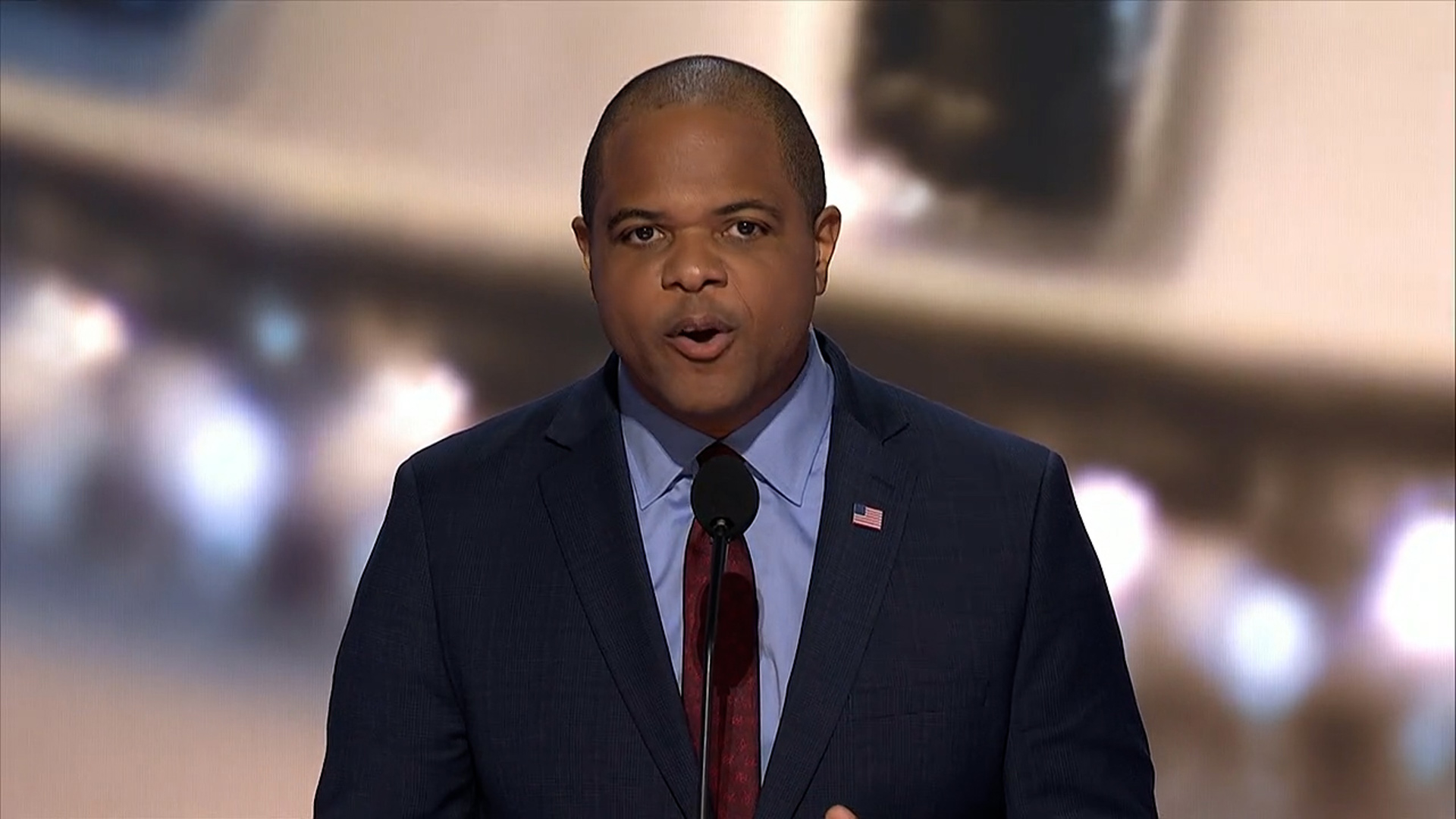DALLAS — Dallas Mayor Eric Johnson spoke on why he switched parties during his speech at the 2024 Republican National Convention.
Mayor Johnson stuck very much to Tuesday's theme of public safety, citing it as the main reason he split from the Democratic Party.
Johnson, who hasn't spoken much on his transition from blue to red, shared that a catalyst for his switch to the Republican Party was the Black Lives Matter protests in the wake of the death of George Floyd in 2020.
"I've been a Democrat my entire life, albeit a conservative one, but when those activists tried to scare my kids, my fellow Democrats were silent," Johnson said.
In contrast, Johnson said he was supported by conservatives, even though he was not a member of their party at the time. Johnson also detailed that support and funding for policing is a policy that lined up more with his beliefs growing up.
"I grew up in high-crime neighborhoods," Johnson said. "What we wanted was more and better policing, not less."
Johnson has said in the past that he believes Dallas' growth and success can be partly attributed to the fact that he's "always run the city like a Republican mayor would run the city."
"I wanted to say I didn't leave the Democratic Party because they left me first," Johnson stated. "But the truth is, on matters of public safety, the Democrats were actually never there for me, for Dallas families, or for the American people."
Johnson went on to lambast his former party further, saying as a whole, Democrats have failed to maintain safe cities.
"Today's woke Democratic Party is with the criminals, not with the victims," Johnson said. "Democrats are good at using safe words, but terrible at building safe neighborhoods and safe cities."
With Johnson at the helm, Dallas is the largest city in the U.S. to be led by a Republican mayor. Mayor Johnson cited his leadership as the reason for a three-year reduction in violent crime in Dallas.
In the past, Johnson and Dallas Police Chief Eddie Garcia, have credited that number to a policy of hot spot policing, where police will heavily target areas where crime is known to occur.

